Good evening Hive community🧡, clean planet 💕, my dearest friends😇, everyone here, I hope today was fruitful to each and every one of us. Today we will be looking at waste products. It's important we know things we consider as waste in our environment.
Waste products encompass materials discarded when they are no longer needed, originating from diverse sources like households, industries, agriculture, and commerce. These materials, varying in composition and environmental impact, necessitate efficient management for sustainability and public health.


Municipal solid waste (MSW), comprising everyday items such as paper, plastics, glass, and organic matter, is generated by households, businesses, and institutions. Its proper handling through methods like landfilling, incineration, recycling, or composting is vital to minimize pollution and conserve resources.
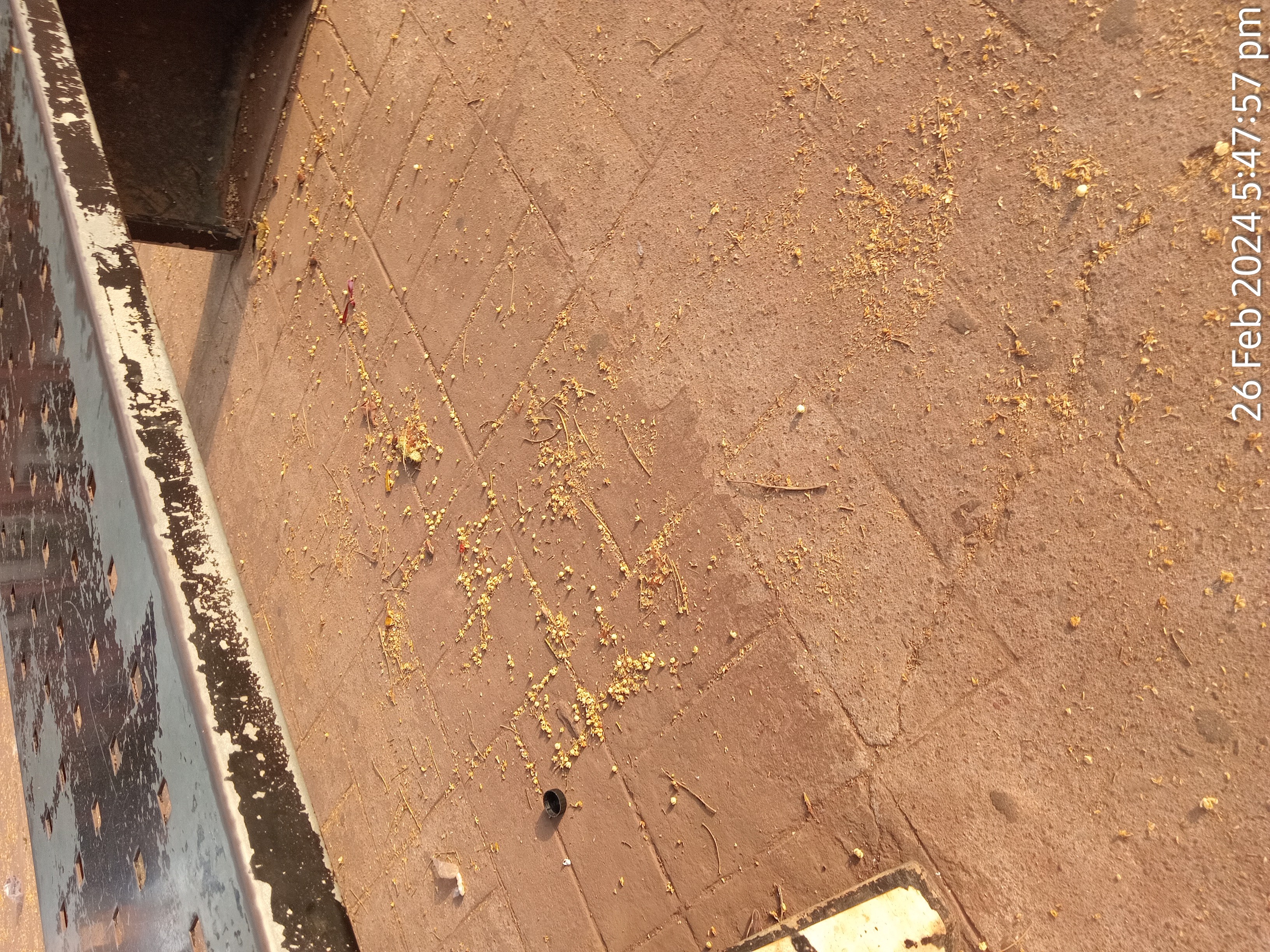
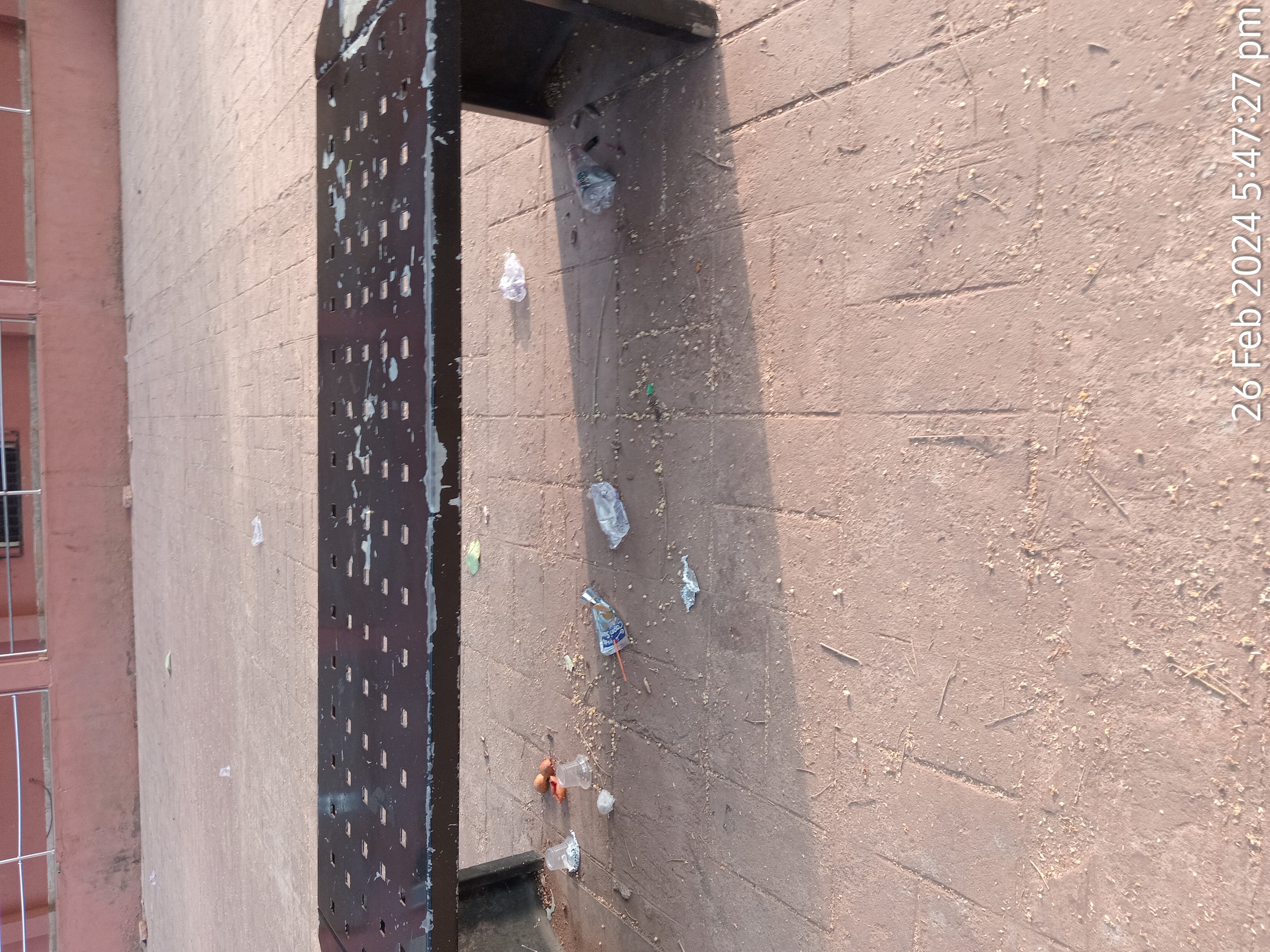
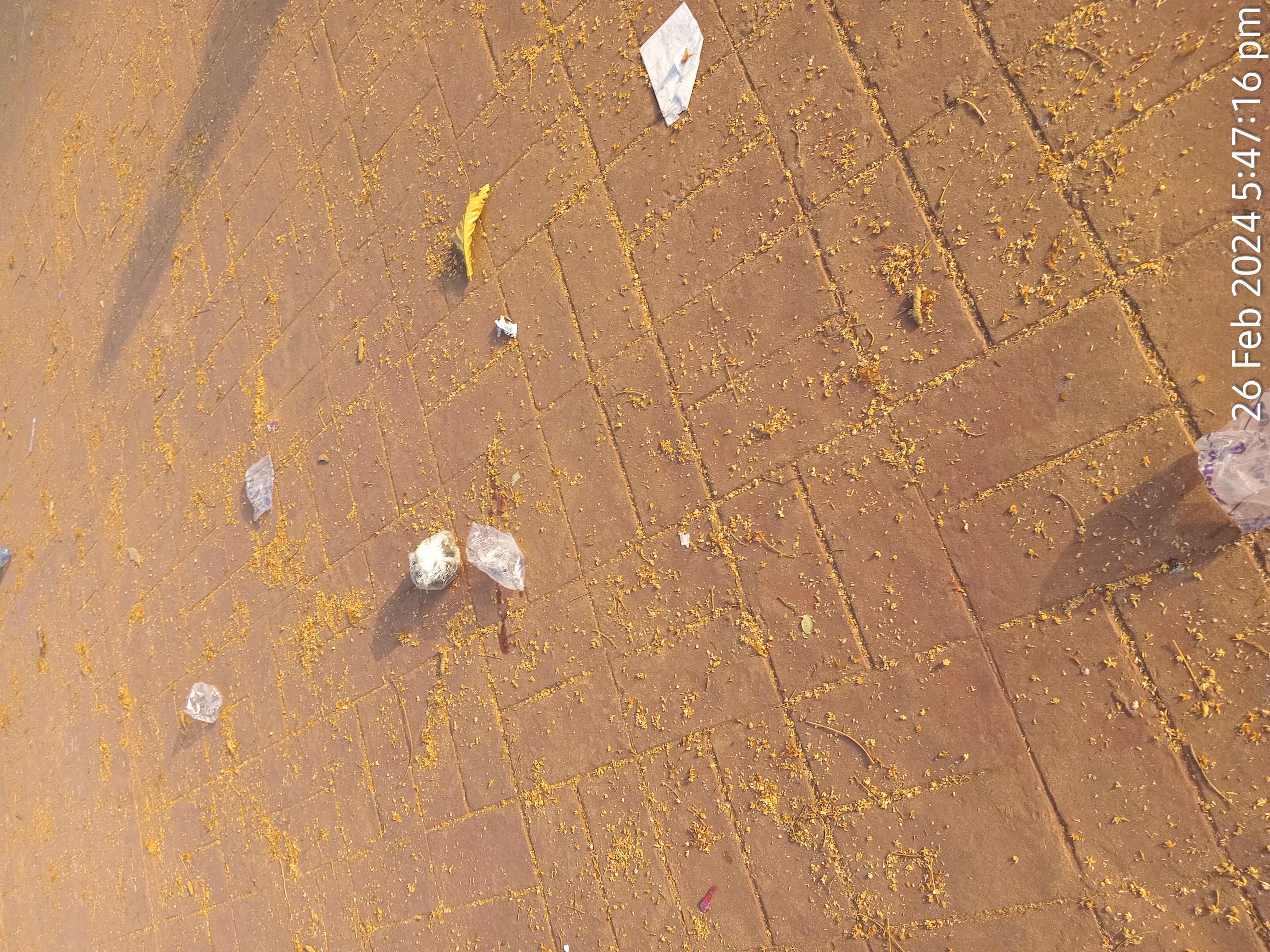
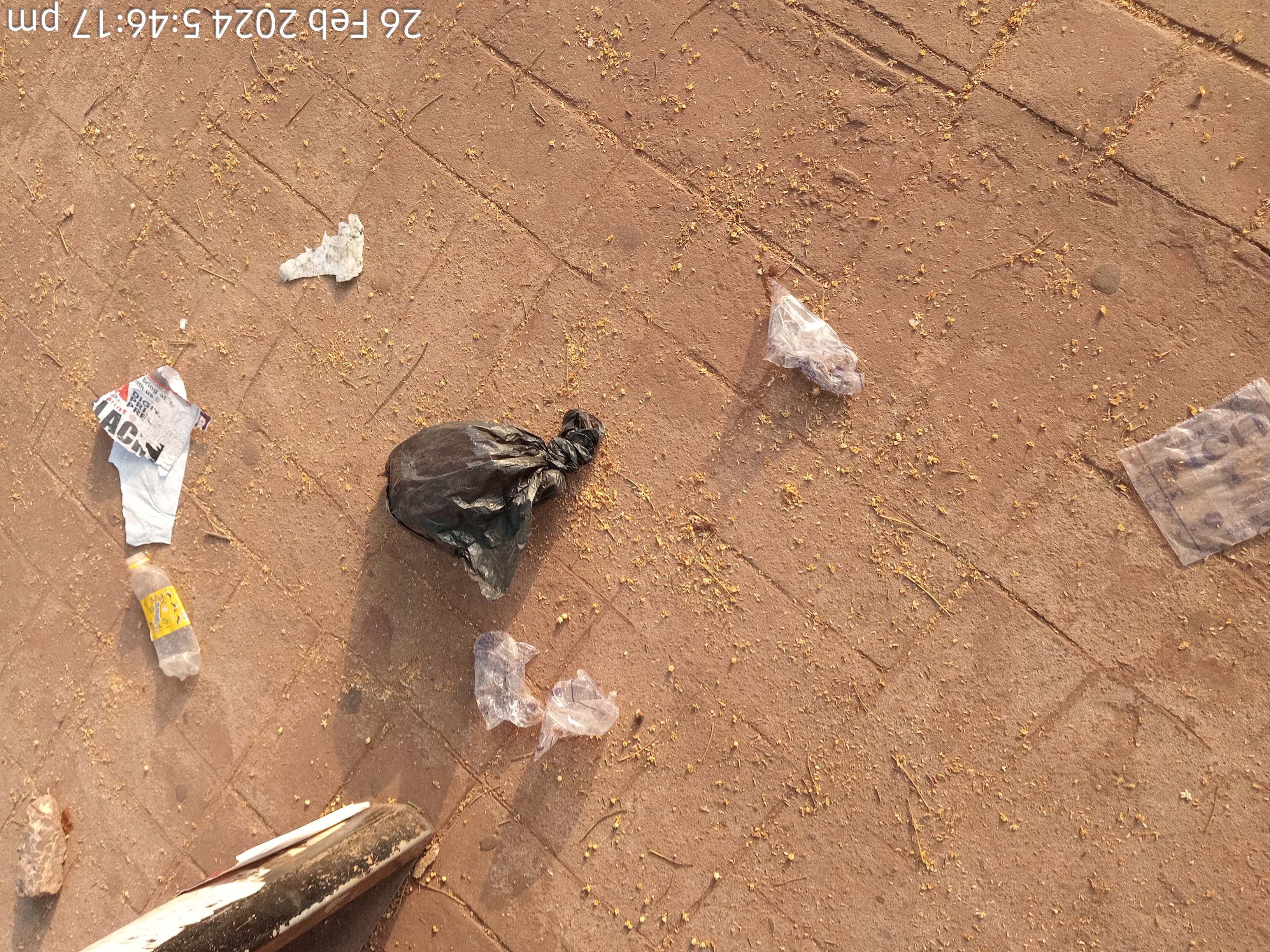
Industrial waste arises from manufacturing processes, often containing hazardous substances like chemicals and heavy metals. Adhering to strict regulations and implementing effective management practices is crucial to prevent soil, water, and air contamination.
Hazardous waste, with its toxic or reactive nature, poses significant environmental and health risks. Industries, laboratories, hospitals, and households must handle, store, treat, and dispose of it responsibly to prevent accidents and environmental harm.
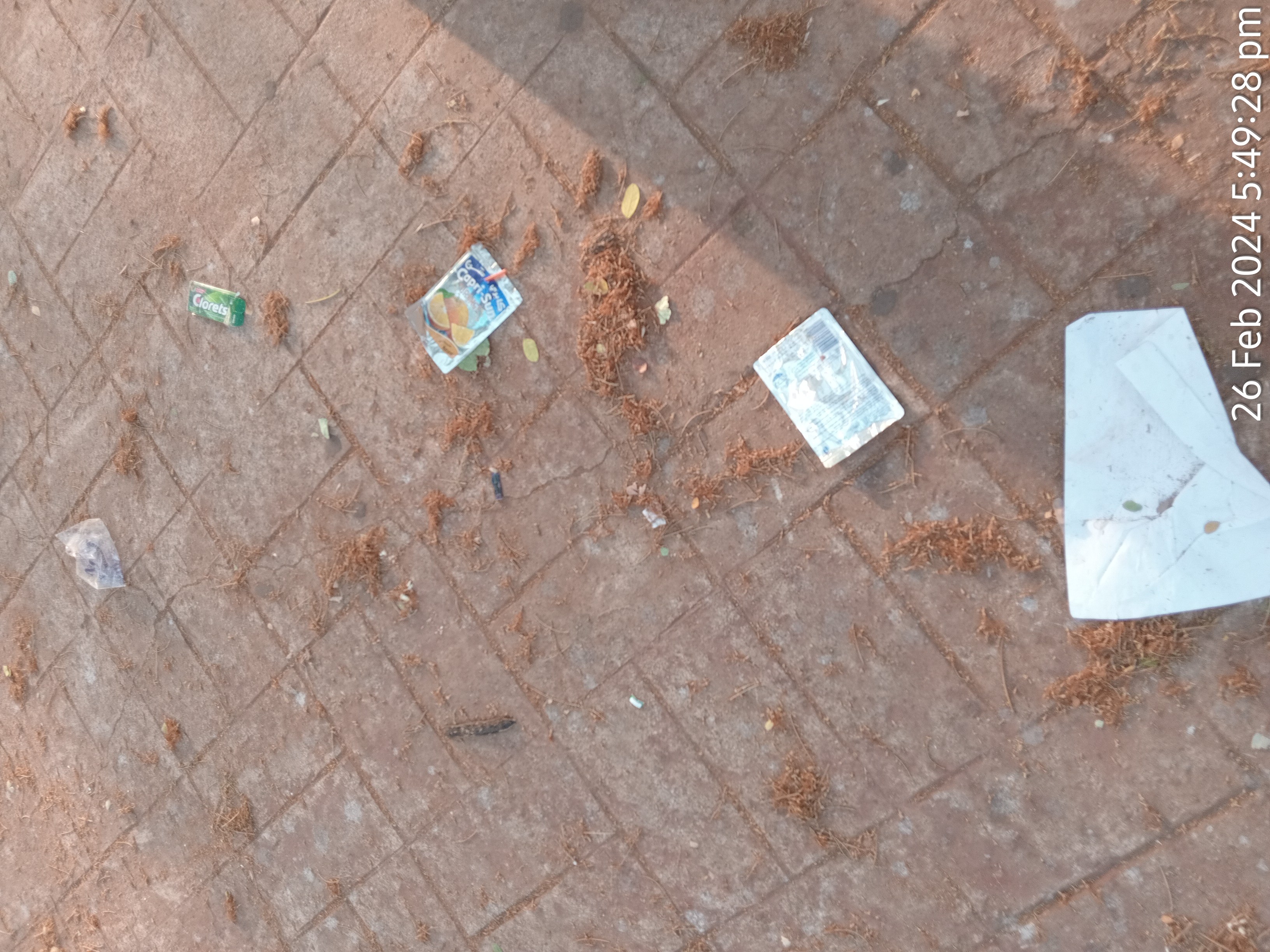
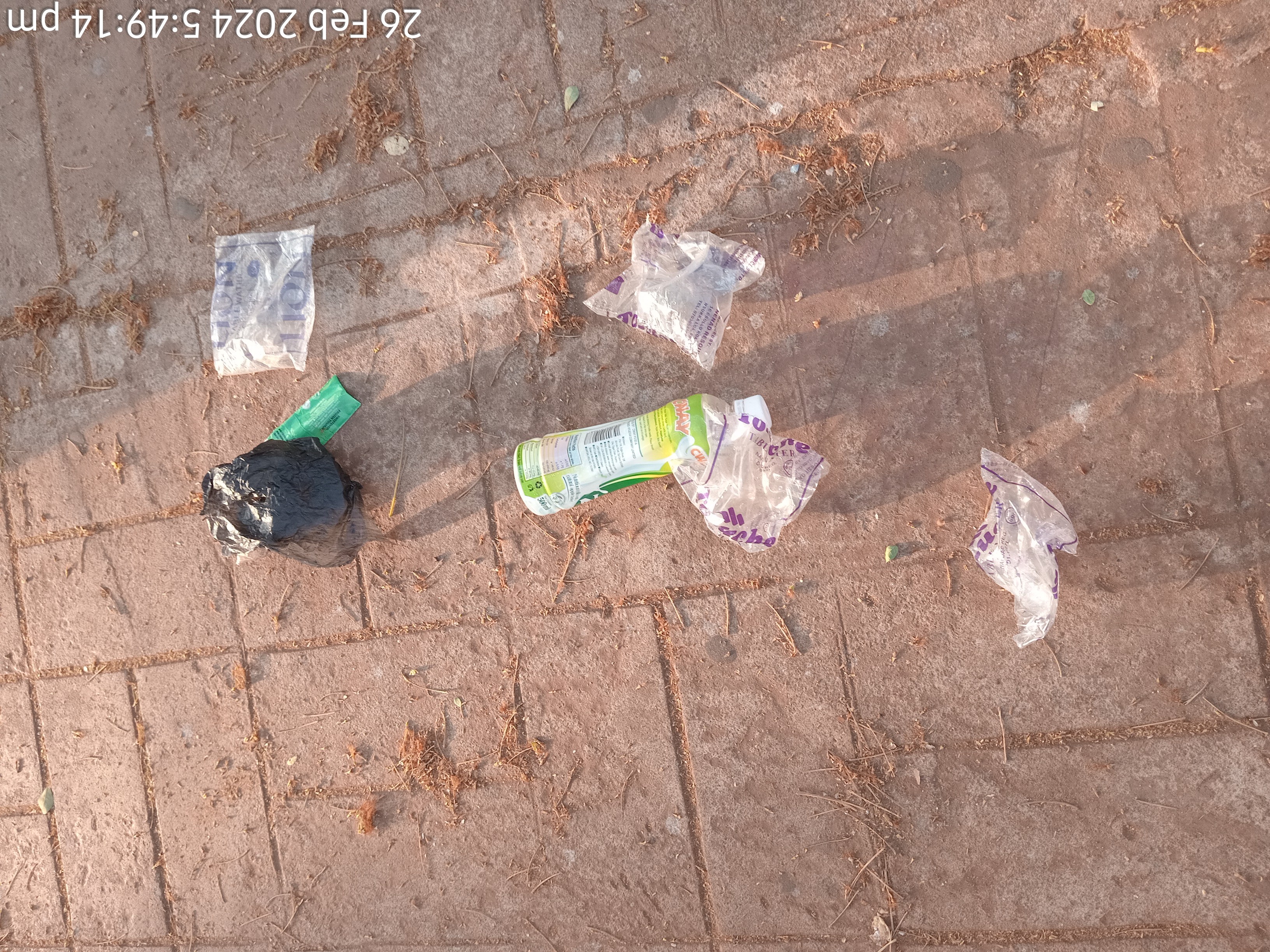
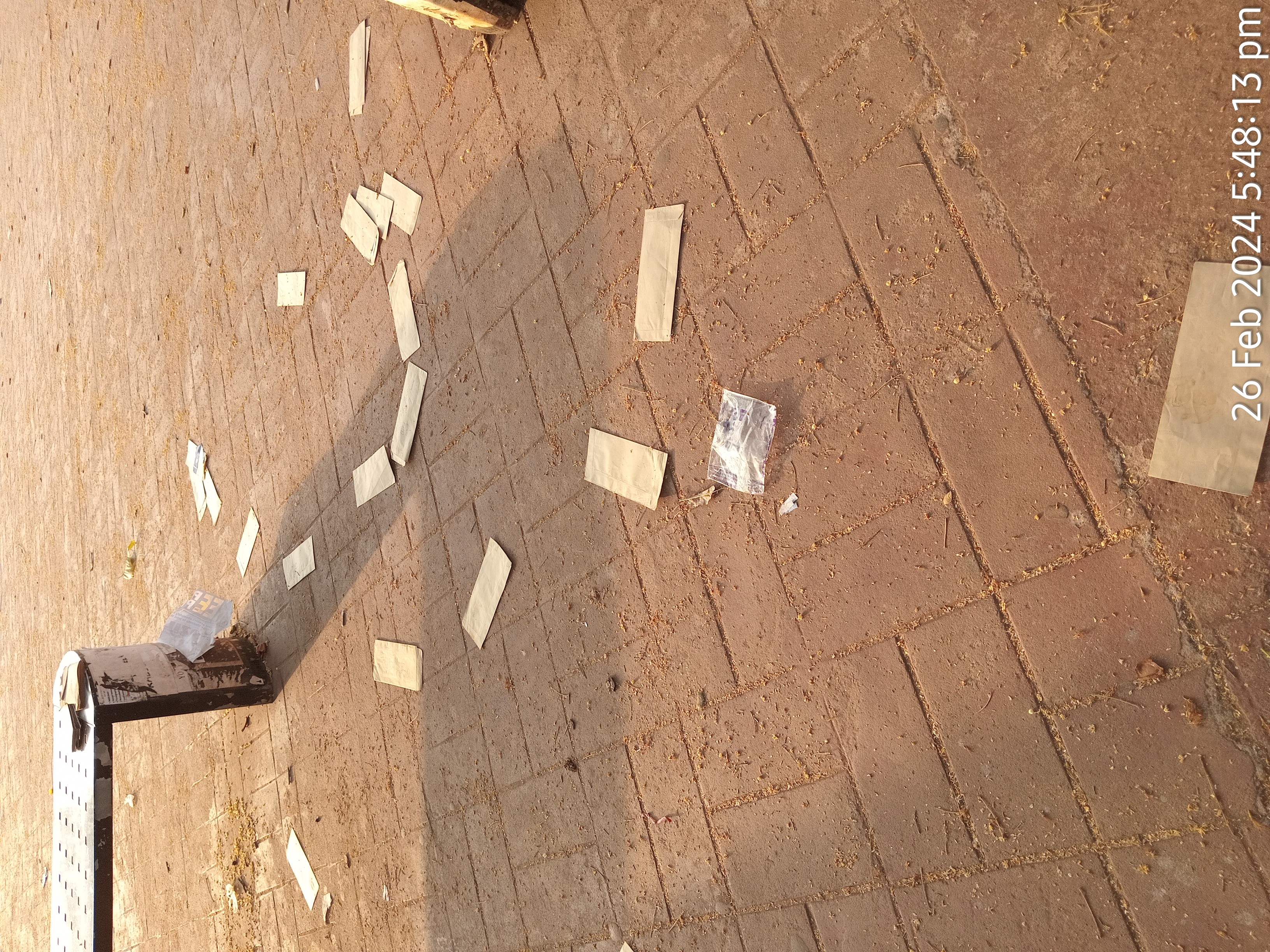
Electronic waste (e-waste), stemming from obsolete or discarded electronics, contains valuable materials alongside hazardous substances. Proper recycling and disposal are essential to recover resources and mitigate environmental pollution.
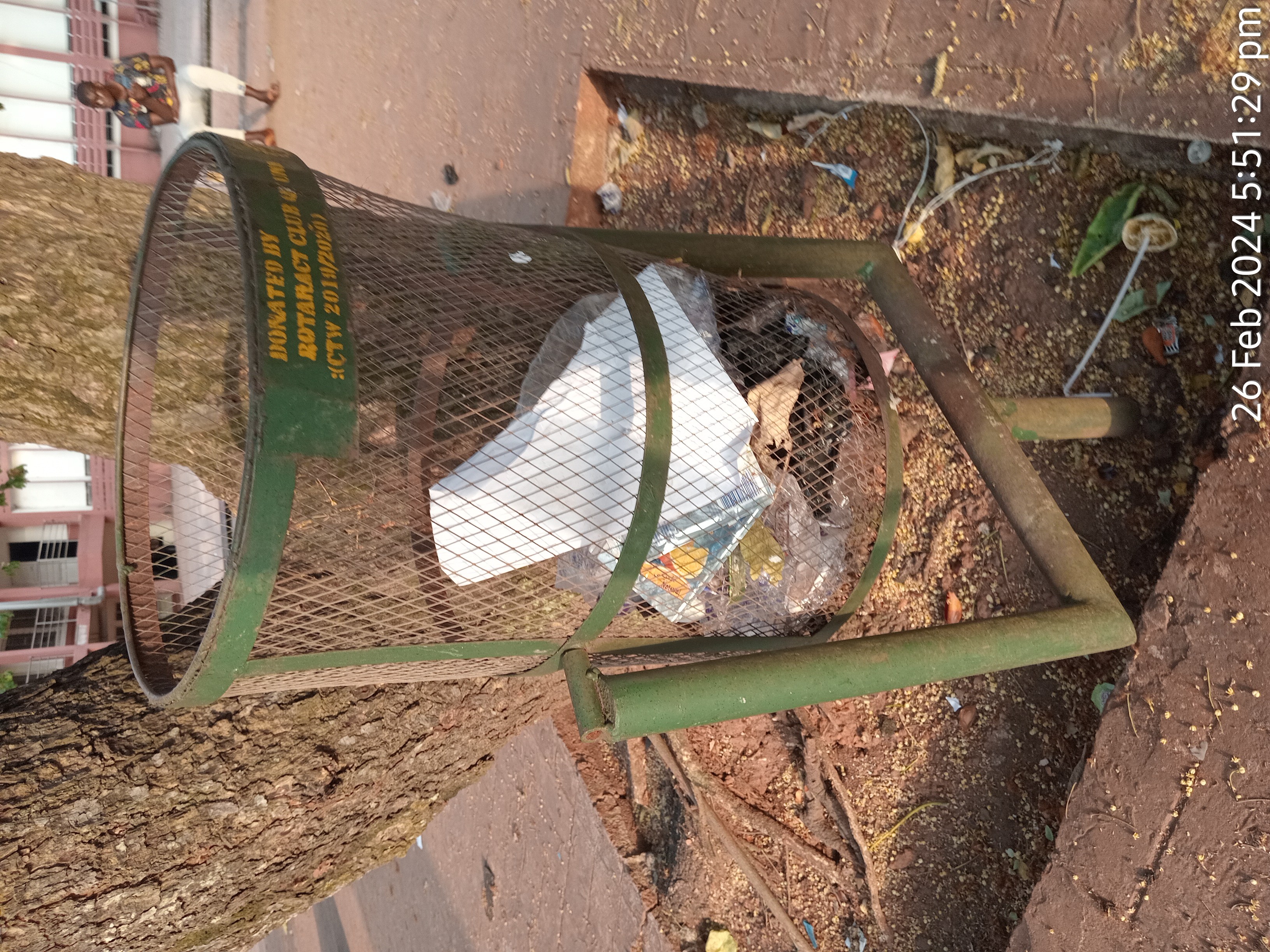
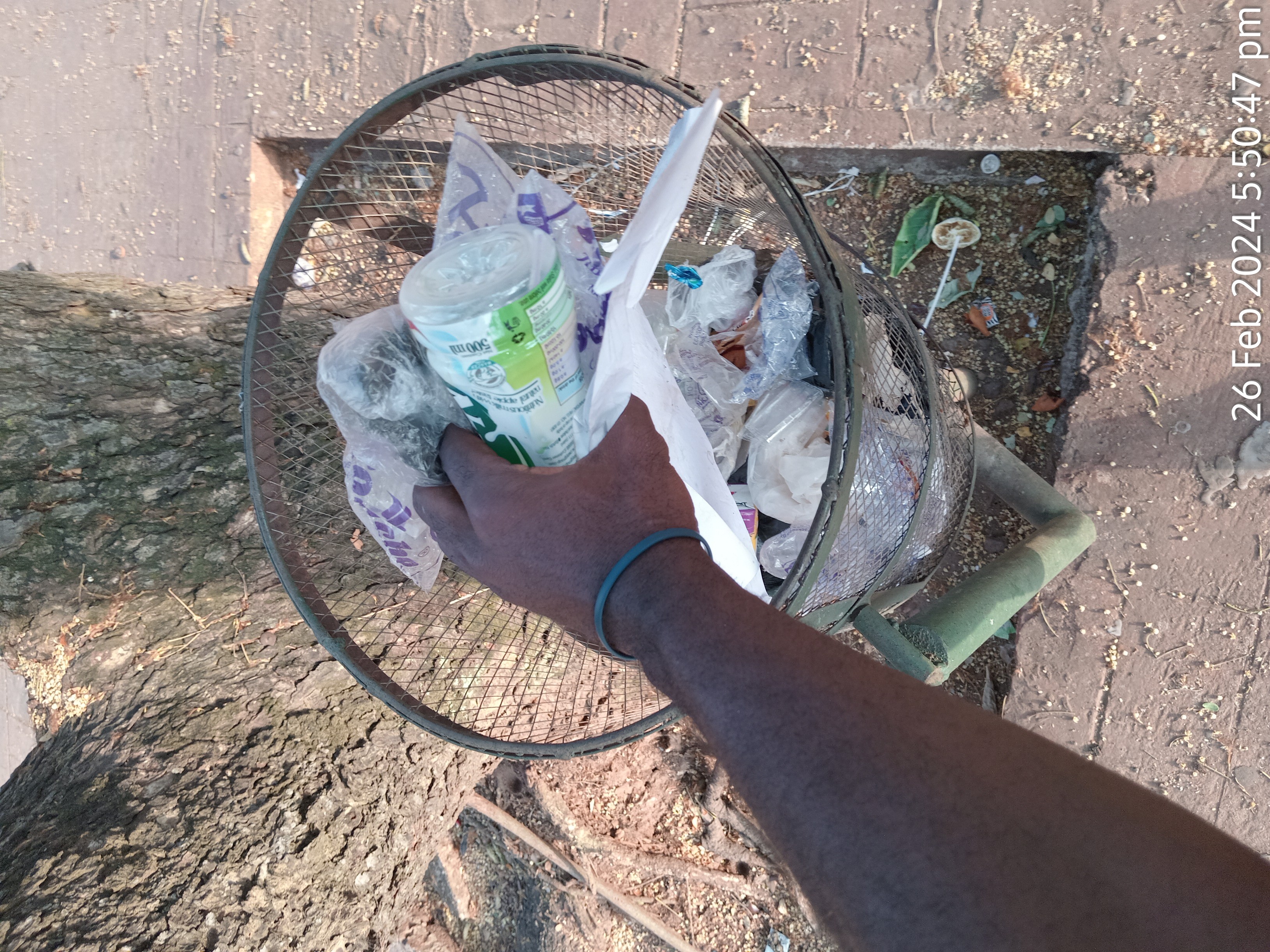


Agricultural waste, including crop residues, animal manure, and agrochemicals, is generated during farming. While some can be recycled or used as fertilizer, excessive agrochemical use and poor waste management can degrade soil and water quality.

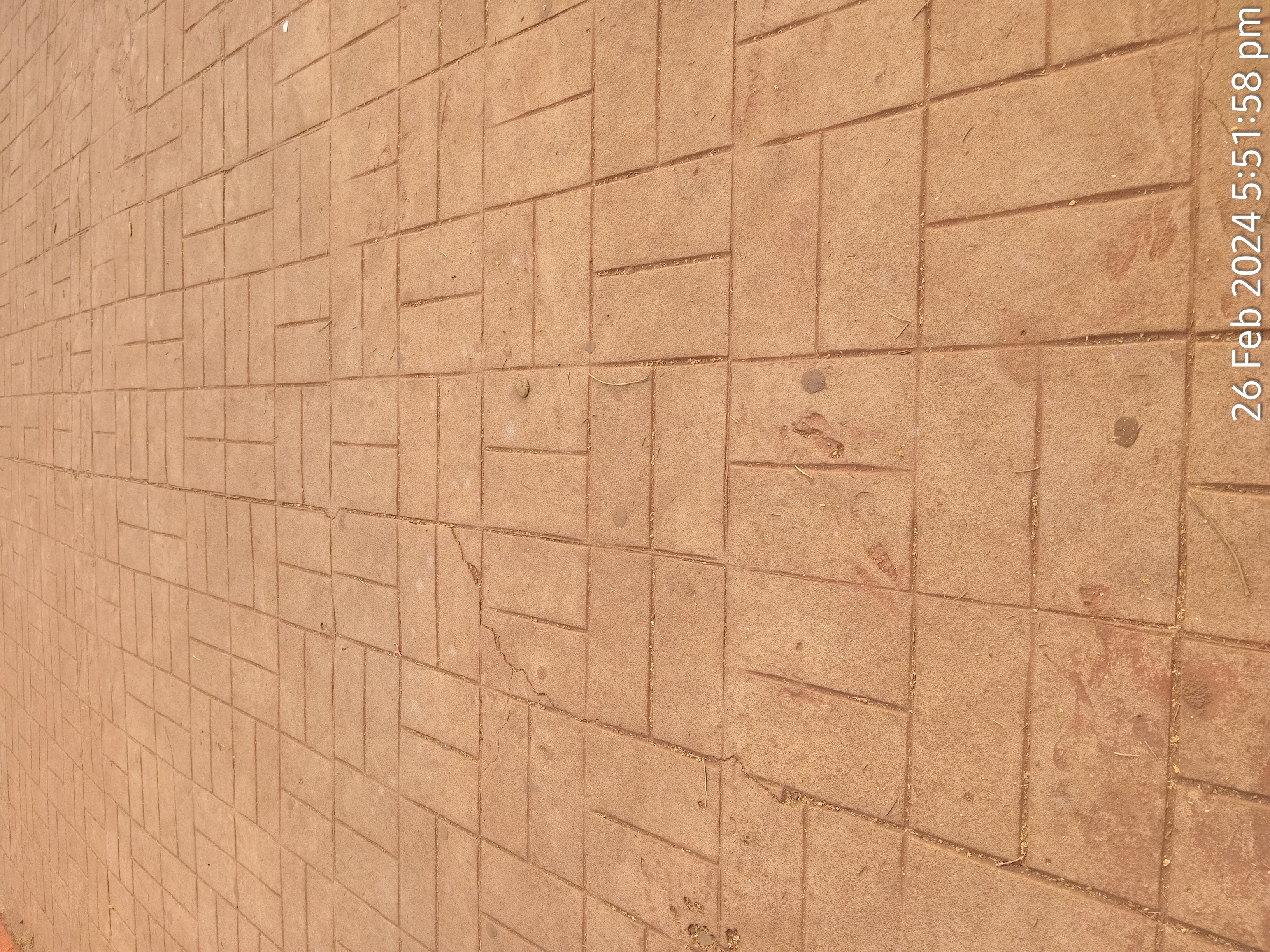
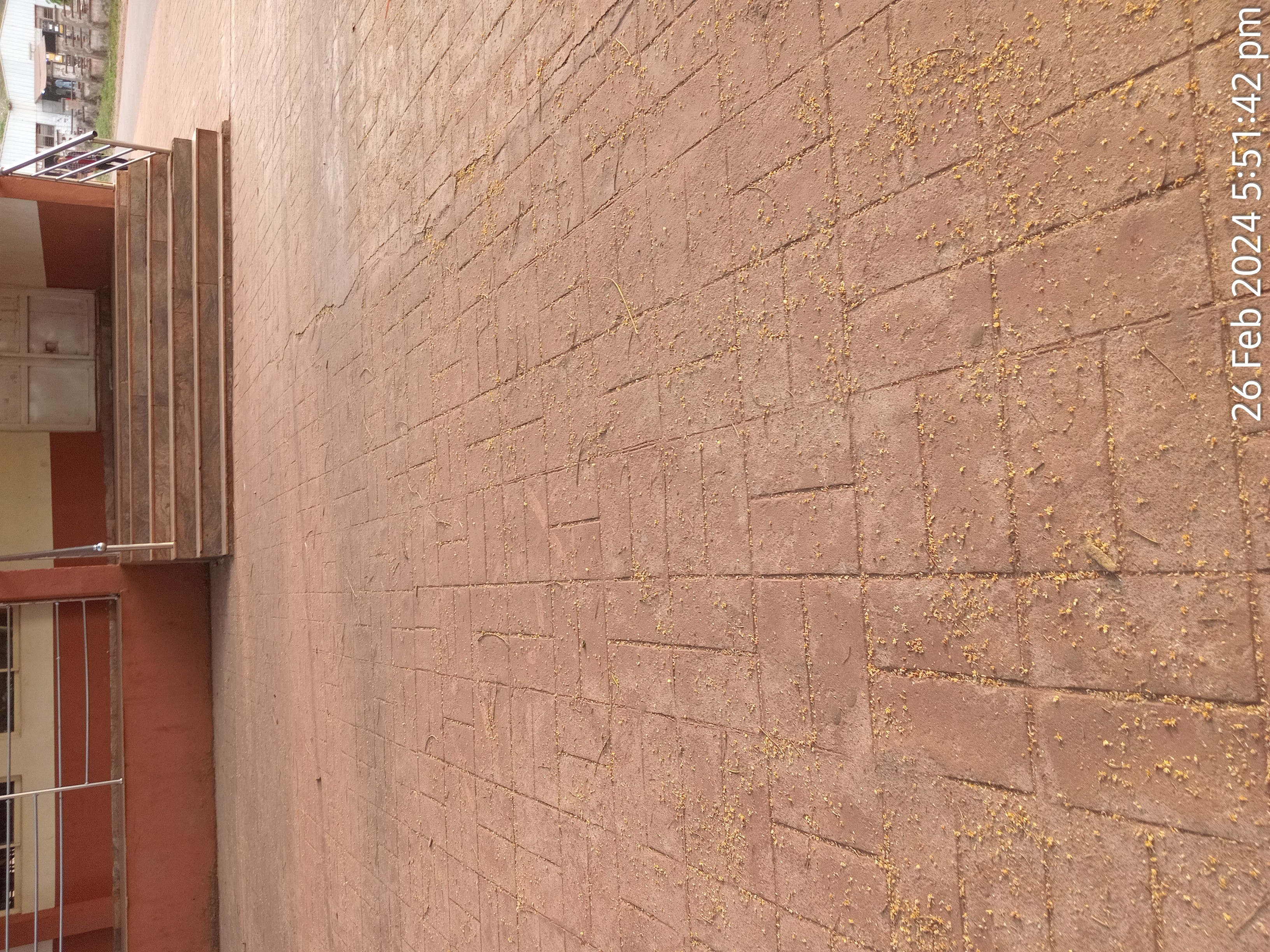
In essence, waste products require careful management to minimize their environmental impact and maximize resource recovery. Strategies such as reduction, reuse, recycling, and proper disposal promote a circular economy and sustainable future.
@cleanplanet
@solarisfuture
@cleanyourcity
Cleaning the faculty will help create a serene environment for learning.
Hello
There is reasonable evidence that this article is machine-generated.
We would appreciate it if you could avoid publishing AI-generated content (full or partial texts, art, etc.).
Thank you.
Guide: AI-Generated Content = Not Original Content
If you believe this comment is in error, please contact us in #appeals in Discord.